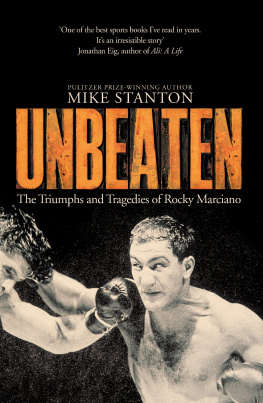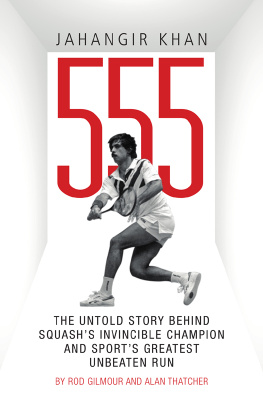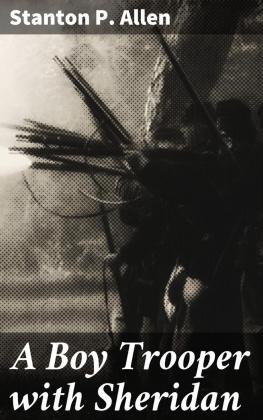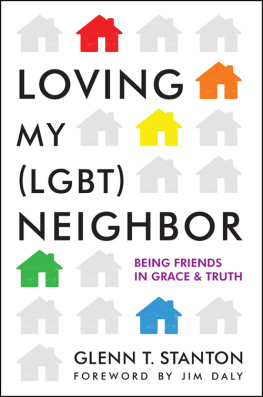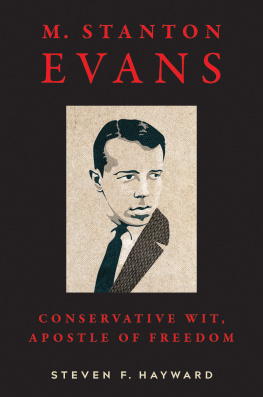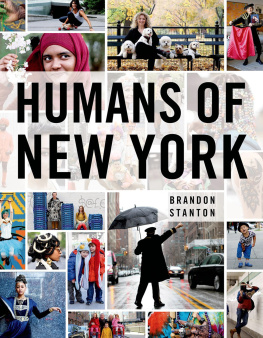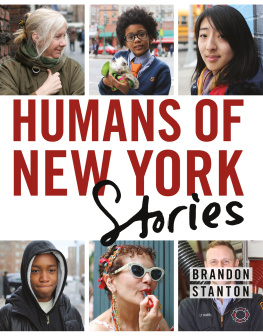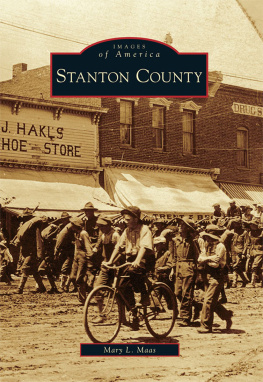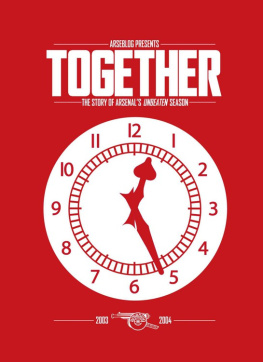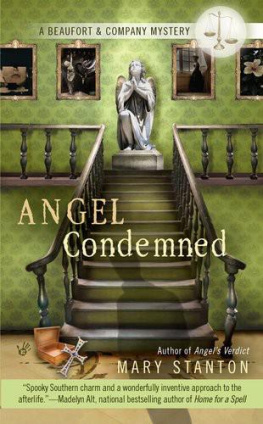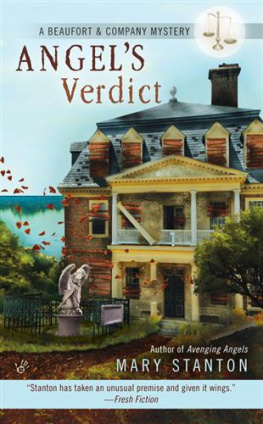Mike Stanton - Unbeaten
Here you can read online Mike Stanton - Unbeaten full text of the book (entire story) in english for free. Download pdf and epub, get meaning, cover and reviews about this ebook. publisher: Pan Macmillan UK, genre: Non-fiction. Description of the work, (preface) as well as reviews are available. Best literature library LitArk.com created for fans of good reading and offers a wide selection of genres:
Romance novel
Science fiction
Adventure
Detective
Science
History
Home and family
Prose
Art
Politics
Computer
Non-fiction
Religion
Business
Children
Humor
Choose a favorite category and find really read worthwhile books. Enjoy immersion in the world of imagination, feel the emotions of the characters or learn something new for yourself, make an fascinating discovery.
- Book:Unbeaten
- Author:
- Publisher:Pan Macmillan UK
- Genre:
- Rating:5 / 5
- Favourites:Add to favourites
- Your mark:
- 100
- 1
- 2
- 3
- 4
- 5
Unbeaten: summary, description and annotation
We offer to read an annotation, description, summary or preface (depends on what the author of the book "Unbeaten" wrote himself). If you haven't found the necessary information about the book — write in the comments, we will try to find it.
Unbeaten — read online for free the complete book (whole text) full work
Below is the text of the book, divided by pages. System saving the place of the last page read, allows you to conveniently read the book "Unbeaten" online for free, without having to search again every time where you left off. Put a bookmark, and you can go to the page where you finished reading at any time.
Font size:
Interval:
Bookmark:

UNBEATEN
The Triumphs
and Tragedies of
Rocky Marciano
MIKE STANTON
MACMILLAN
To Susan, always
I woke up as the sun was reddening; and that was the one distinct time in my life, the strangest moment of all, when I didnt know who I wasI was far away from home, haunted and tired... I was halfway across America, at the dividing line between the East of my youth and the West of my future.
J ACK K EROUAC , On the Road
When I woke, I didnt know where I was or nothing, but I had a feeling something nice had happened.
R OCKY M ARCIANO , the morning after becoming heavyweight champion of the world
H e died with the blunt force he had used to dispatch so many opponents in the ringsuddenly and violently, in a cornfield in the middle of America, the month after man first walked on the moon.
Early in the Sunday evening of August 31, 1969, Rocco Francis Marchegiano, known the world over as Rocky Marciano, climbed into a single-engine Cessna airplane at Chicagos Midway Airport and took off for Des Moines, Iowa.
Joining him was the pilot, Glenn Belz, and a twenty-two-year-old insurance salesman, Frank Farrell, who had asked the champ to attend the opening of a Des Moines steakhouse that night. It would be an early celebration of Marcianos forty-sixth birthday, which was the next day, when he planned to fly home to Florida to celebrate with his family. This side trip, like much of Marcianos peripatetic life since his retirement from the ring thirteen years earlier, had been spontaneous, a last-minute favor to a friend and Chicago mobster who was Farrells uncle.
The Rock felt good. He had several business deals cooking, including a health spa and a chain of spaghetti restaurants. He had recently dropped forty pounds, laying off the rich Italian food he had gorged himself on in retirement. America had transformed from the black-and-white 1950s of his prime to this kaleidoscopic summer of Woodstock and the Zodiac Killer. Boxing no longer rivaled baseball as the nations top spectator sport. Muhammad Ali, the brash unbeaten heavyweight whom most sports writers still insisted on calling Cassius Clay, had been stripped of his title for refusing to be drafted into the army and fight in Vietnam; I aint got no quarrel with the Viet Cong, he famously declared.
If Marciano belonged to a faded era, a seemingly more innocent time, he was still a recognizable figure, the only undefeated heavyweight champion in history, with a record of 49-0, forty-three by knockout. During a 1965 recording session for their album Rubber Soul, Paul McCartney and John Lennon of the Beatles talked about a television interview of Rocky they had watched the night before.
He was a great fighter, said Paul.
And what do you attribute it to, Rocky? said John, reenacting the interview. Training.
I had a good condition, echoed Paul.
Rocky took pride in his conditioning and where it had taken him. What can be better than walking down any street in any city and knowing that you are the champion? he said. Two days before his plane left Chicago, a breathless reader of the Chicago Tribune called the city desk to say that he had seen Rocky jogging on the beach along Lake Michigan. Over breakfast at the Continental Hotel, Rocky told a reporter that he was in town to film a TV commercial and check on a young heavyweight. The conversation turned to two young fighters; they had talent, Rocky said, but he questioned whether they had the hunger.
They both like girls, he said. They dont realize youve got to make boxing a kind of religion. You believe in yourself and you believe in the things you got to do. You never forget them for a minute. Then you get there and you think of what you had to go through and you say to yourself, It was worth it; it was worth everything.
The little Cessna beat west into the dusk, directly into a gathering storm system over central Iowa. Belz was an inexperienced pilot who was not rated for instrument flying and had logged only thirty-five hours of nighttime flying. Low on fuel, he decided to divert to a small airfield in the farming town of Newton, thirty miles east of Des Moines. At 8:50 p.m., Belz contacted the Des Moines control tower to say that the plane was trapped in a layer of clouds and to request radar assistance to find the airport. Moments later, he reported that he had broken through the clouds and spotted the airport. He was preparing to land.
Banking north toward the landing strip, skimming the Cessna barely one hundred feet off the ground, Belz disappeared again into a cloud bank. A thirty-year-old farmers wife, Colleen Swarts, heard the sputtering of a small plane and stepped outside to watch. The plane seemed to stall right over her house. She saw its lights as it shot out of the mist. The plane disappeared again, and then she heard an awful thud.
The plane struck a lone oak tree in the middle of a cornfield on Henry Eilanders farm, shearing off a wing. The twisted fuselage skidded another 250 feet, strewing wreckage and the bodies of Belz and Farrell, before coming to rest in a drainage ditch. Rockys battered body was pinned beneath the mangled front of the plane. A shard of metal pierced his skull. All three men died instantly.
The death of Rocky Marciano, unbeaten in life, stunned the world.
Start the count, hell get up, wrote Los Angeles Times sports columnist Jim Murray. A lot of us today are wishing there were an honest referee in a cornfield in Iowa.
The morning after the crash, a New York dockworker named Carmine Vingo woke in disbelief to the news. Vingo had been vanquished by Rocky back in 1949 in a particularly vicious fight in Madison Square Garden that left him in a coma, ending his promising boxing career and leaving him with a permanent limp.
I dont remember a thing about that fight, said Vingo. But I remember Rocky. He was a fine man.
The sports columnists wrote that he was the last of his kind and that his death marked the end of an era. Rocky Marciano embodied an optimistic postwar America of prosperity and conformity, when everyone dreamed of being a contender. Americans followed the fights closely, immigrants sought assimilation in the ring, and boxing was a prism that refracted the changes sweeping the nation. The son of Italian immigrants, whose father worked in a shoe factory in Brockton, Massachusetts, Rocky was born in the anti-immigrant 1920s, came of age during the Great Depression, boxed in the army during World War II, and fought his way to the top in the late 1940s and 1950s, when the Mafia seized control of professional boxing to cash in on the flood of television money.
When he took the title in 1952, Rocky also won acclaim that he had never sought, as the first white champion since 1937, when James Braddock, the Cinderella Man, lost the title to Joe Louis. Although Rocky fought classic fights against the underrated black champions Jersey Joe Walcott, Ezzard Charles, and Archie Moore, they were, to white America, so many invisible men, to paraphrase the title of Ralph Ellisons novel published the same year Rocky became champ. Even as a contender, Rocky was reluctantly cast as the Great White Hope, a poster boy for the Greatest Generation and a symbol of American masculinity.
Politicians, celebrities, and movie stars went to his fights. Humphrey Bogart was ringside to research his last film, The Harder They Fall, about the fixed fight game. Bob Hope turned to shake hands with Tony Zale at one of Rockys title defenses and missed a first-round knockout. President Dwight D. Eisenhower invited the Rock to the White House and beamed as he measured the champs right fist. Rocky visited his pal Frank Sinatra on the set of
Font size:
Interval:
Bookmark:
Similar books «Unbeaten»
Look at similar books to Unbeaten. We have selected literature similar in name and meaning in the hope of providing readers with more options to find new, interesting, not yet read works.
Discussion, reviews of the book Unbeaten and just readers' own opinions. Leave your comments, write what you think about the work, its meaning or the main characters. Specify what exactly you liked and what you didn't like, and why you think so.

